When disaster strikes, having a well-stocked pantry can mean the difference between thriving and just surviving. But emergency food doesn’t have to be all canned beans, spam, and instant noodles. With some smart choices, you can build a stockpile that’s both nutritious and delicious. These 24 healthy emergency foods will keep you well-fed and energized, no matter what challenges you face. From long-lasting staples to nutrient-dense superfoods, this list covers all your bases for a balanced emergency diet. In tough times and emergency scenarios, good nutrition is critical.
Dried Beans
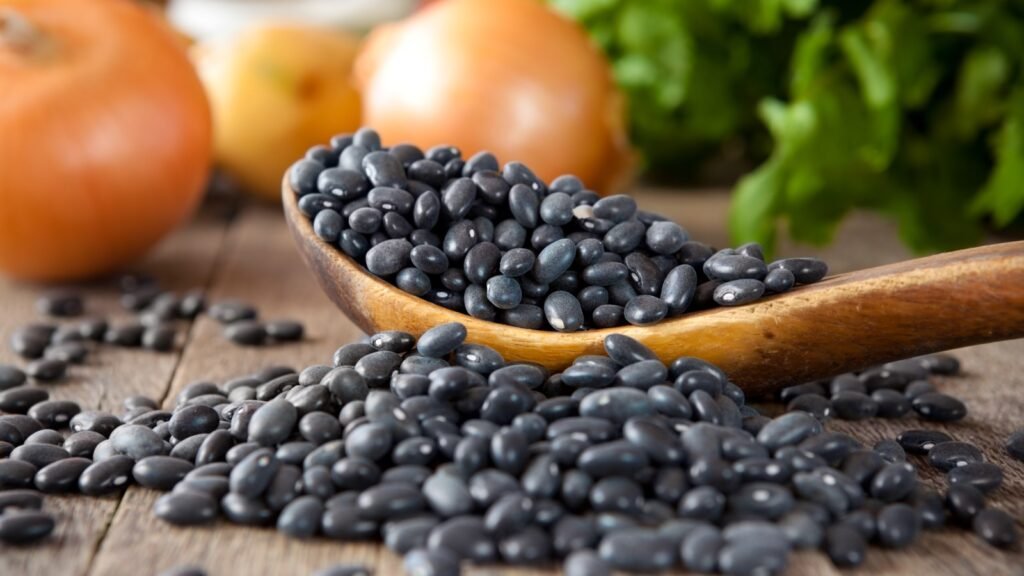
Packed with protein and fiber, dried beans are a prepper’s best friend. They have a shelf life of up to 30 years when stored properly in airtight containers. One cup of cooked beans provides about 15 grams of protein and 45% of your daily fiber needs. Soak them overnight to reduce cooking time and improve digestibility. For maximum variety, stock up on different types like pinto, black, kidney, and navy beans.
Quinoa
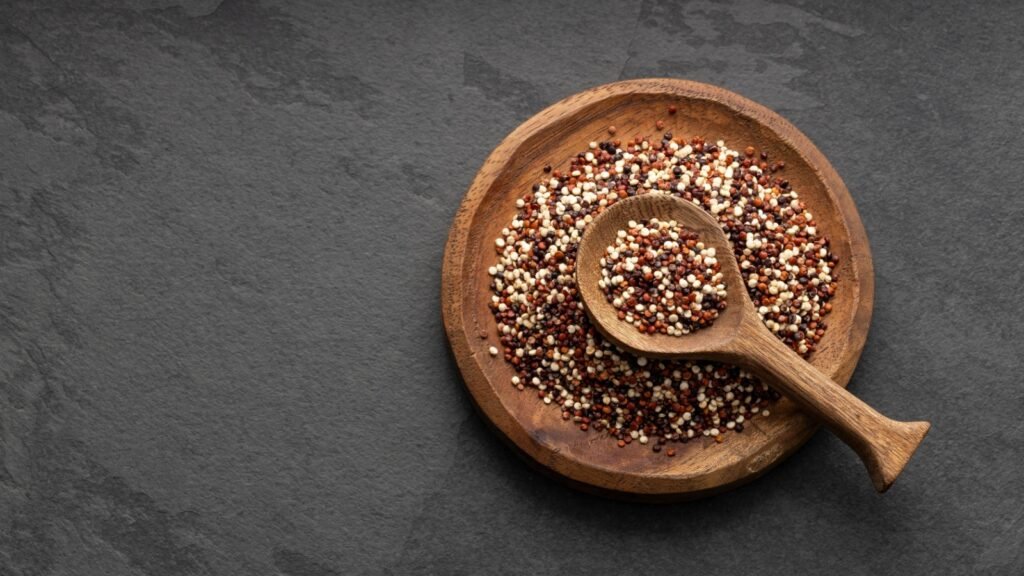
This ancient grain is a complete protein, containing all nine essential amino acids. Quinoa cooks quickly, making it ideal for emergency situations when fuel might be limited. It’s also gluten-free and rich in iron, magnesium, and B vitamins. Store quinoa in airtight containers in a cool, dry place for up to 2-3 years. Rinse quinoa before cooking to remove its natural bitter coating, called saponin.
Canned Salmon
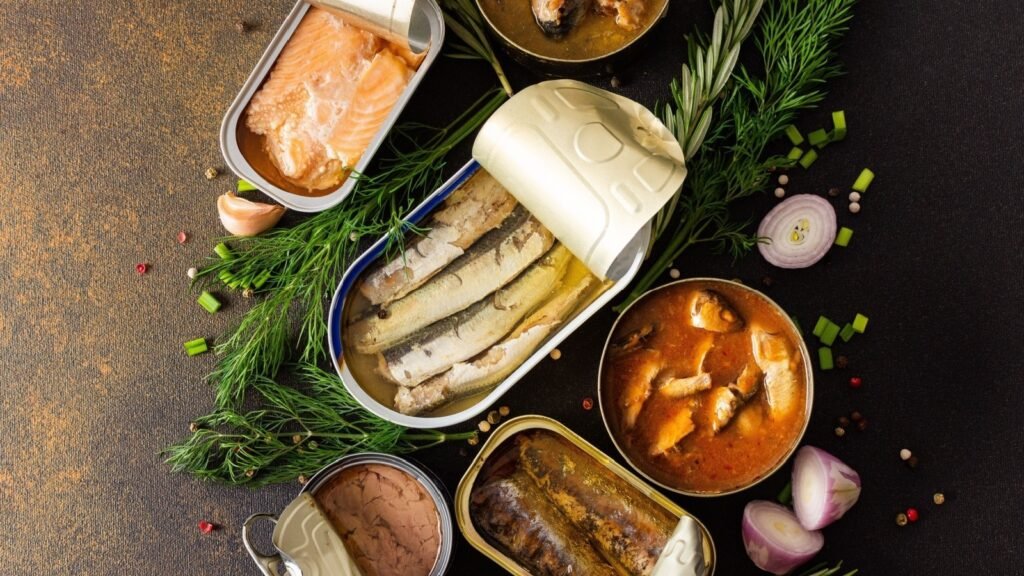
Wild-caught canned salmon is a nutritional powerhouse, loaded with omega-3 fatty acids, vitamin D, and calcium (if you eat the soft bones). It has a shelf life of 3-5 years and requires no cooking. One 3.5-ounce serving provides about 22 grams of protein and 50% of your daily vitamin D needs. Look for BPA-free cans to minimize exposure to harmful chemicals.
Chia Seeds
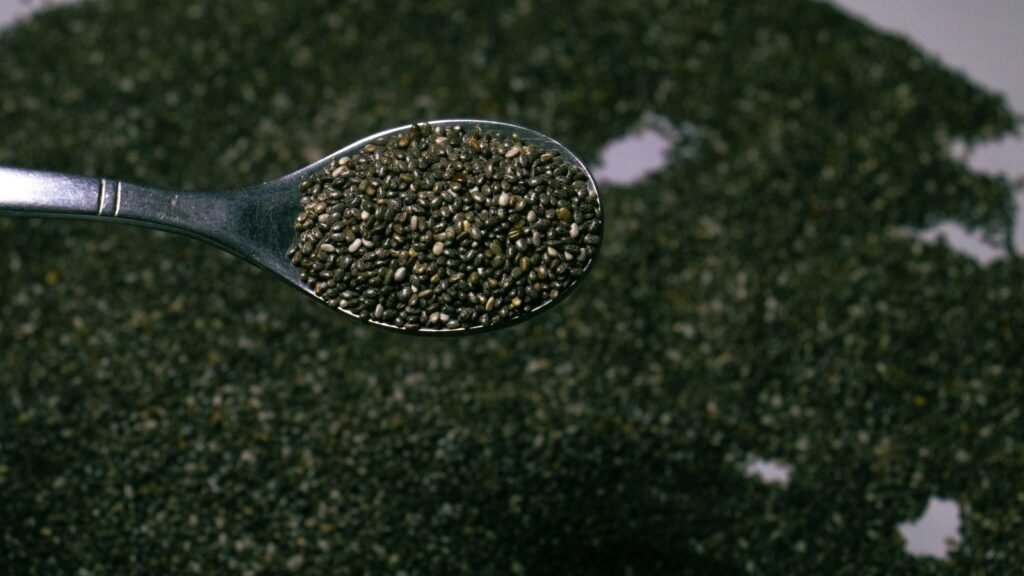
These tiny seeds pack a big nutritional punch. They’re rich in omega-3 fatty acids, fiber, and calcium. Chia seeds can absorb up to 10 times their weight in water, helping you stay hydrated. They have a shelf life of 2-4 years when stored in an airtight container. Add them to water, oatmeal, or use them as an egg substitute in baking. A single ounce (about 2 tablespoons) contains 11 grams of fiber and 4 grams of protein.
Coconut Oil
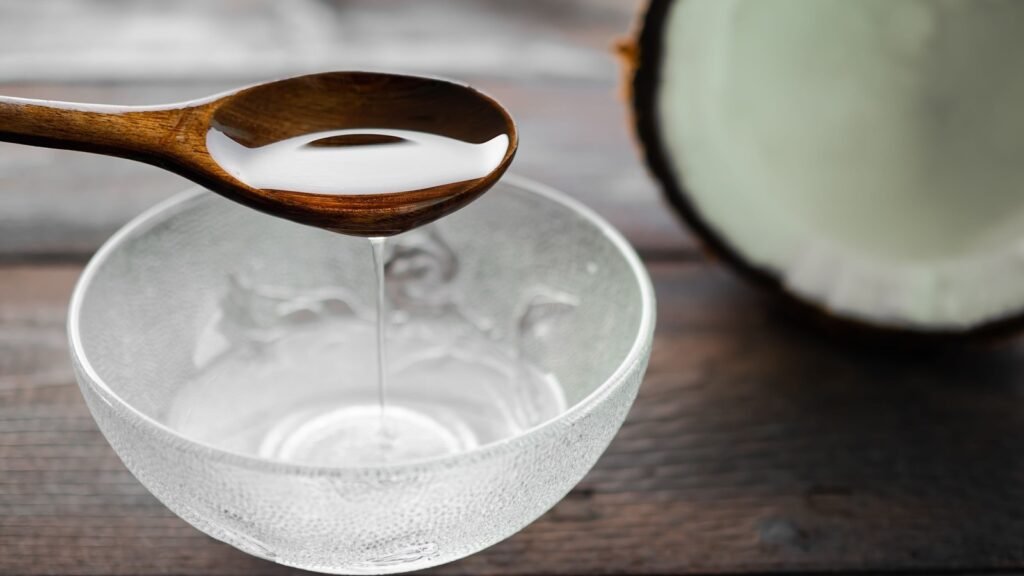
With a shelf life of up to 2 years, coconut oil is a versatile addition to your emergency food supply. It’s rich in medium-chain triglycerides (MCTs), which provide quick energy. Use it for cooking, as a butter substitute, or even as a moisturizer in a pinch. One tablespoon contains about 14 grams of fat and 120 calories. Coconut oil remains stable at high temperatures, making it excellent for cooking in various emergency situations.
Dried Fruits
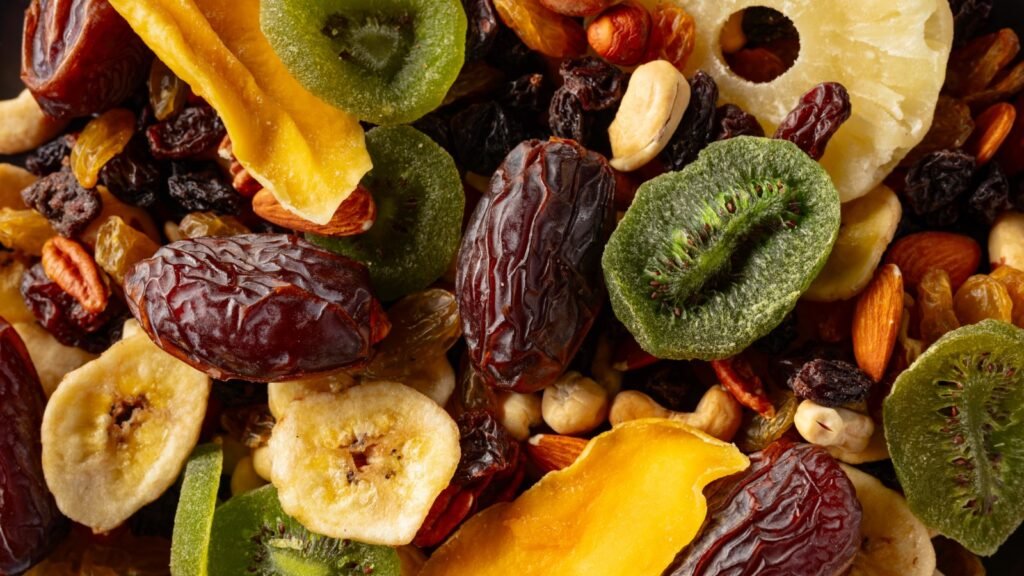
Raisins, apricots, and dates are excellent sources of quick energy and essential nutrients. They’re high in fiber, potassium, and antioxidants. When stored properly, dried fruits can last up to a year. A quarter-cup serving of raisins provides about 120 calories and 2 grams of fiber. Choose unsulfured dried fruits to avoid unnecessary additives and potential allergic reactions.
Nuts and Seeds
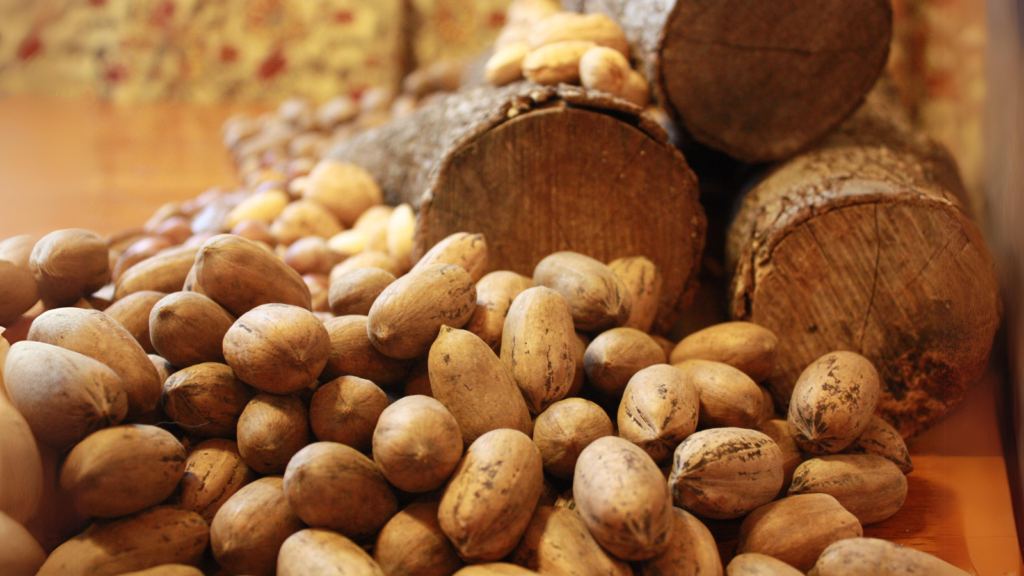
Almonds, walnuts, pumpkin seeds, and sunflower seeds are nutrient-dense and calorie-rich. They’re packed with healthy fats, protein, and minerals like magnesium and zinc. Store them in airtight containers in a cool, dry place for up to a year. A handful (about 1 ounce) of almonds provides 6 grams of protein and 14 grams of healthy fats. Rotate your stock regularly and consider vacuum sealing for extended shelf life.
Honey

Pure honey never spoils, making it an ideal emergency food. It’s a natural source of quick energy and has antimicrobial properties. Use it as a sweetener, a natural remedy for sore throats, or even as a wound dressing. One tablespoon of honey contains about 64 calories and 17 grams of sugar. Raw, unfiltered honey offers additional health benefits due to its higher content of enzymes and antioxidants.
Jerky
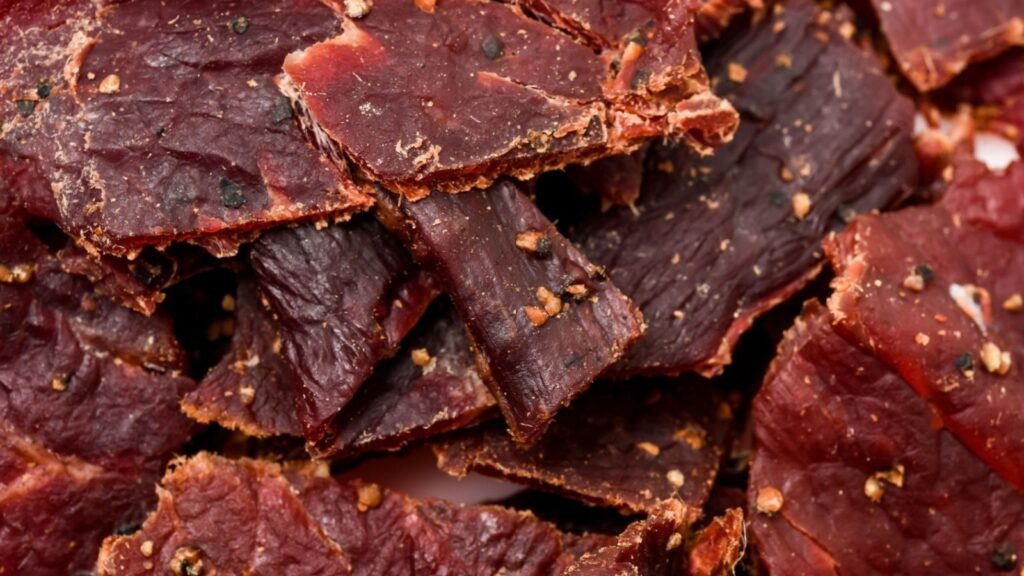
Beef, turkey, or salmon jerky is a lightweight, protein-rich food that can last up to 2 years when stored properly. It’s low in moisture, which prevents bacterial growth. Look for low-sodium varieties to keep your salt intake in check. A 1-ounce serving of beef jerky typically provides about 14 grams of protein. Make your own jerky to control ingredients and save money.
Powdered Milk
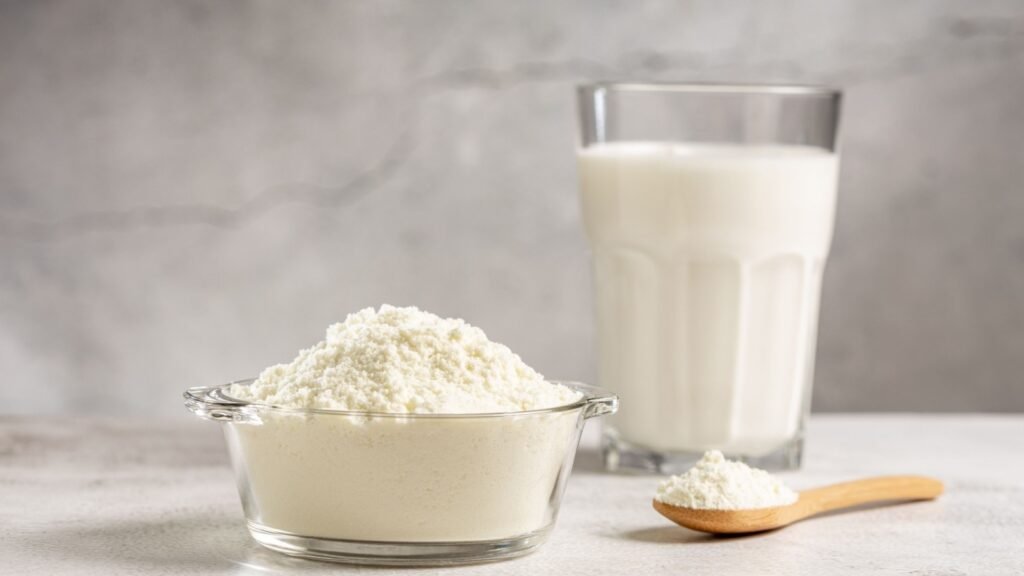
Non-fat dry milk is a versatile emergency food with a shelf life of up to 20 years when stored in an oxygen-free environment. It’s rich in calcium and vitamin D. One cup of reconstituted milk provides about 8 grams of protein and 30% of your daily calcium needs. Use powdered milk in baking, cooking, or to fortify other foods for added nutrition.
Canned Vegetables
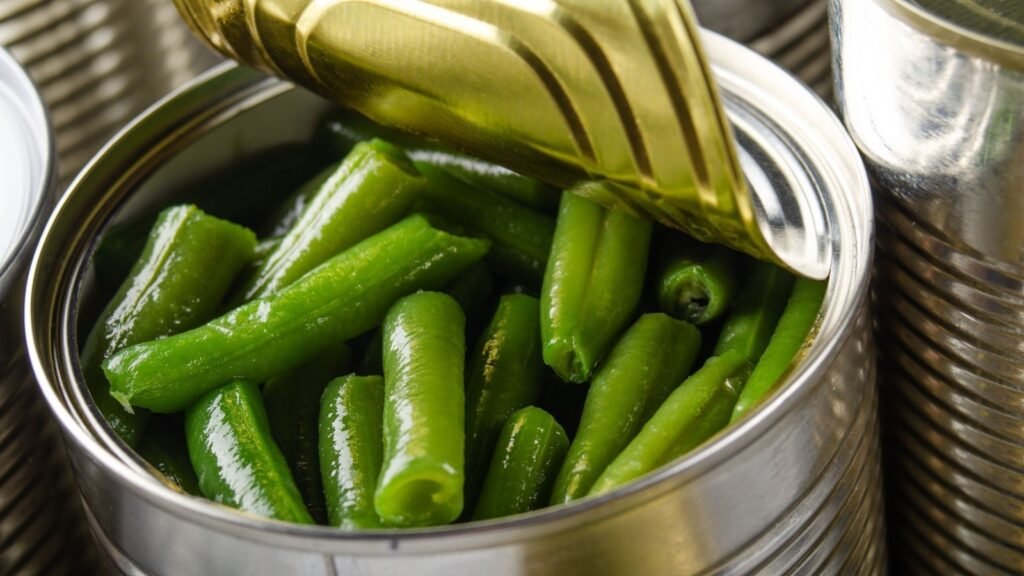
Low in calories but high in nutrients, canned vegetables are a must-have for any emergency food supply. Choose low-sodium varieties when possible. Canned vegetables can last 2-5 years past their “best by” date. Rotate your stock regularly and aim for a variety to ensure a range of nutrients. Don’t discard the liquid in the can; it’s nutrient-rich and can be used in soups or for cooking grains.
Olive Oil
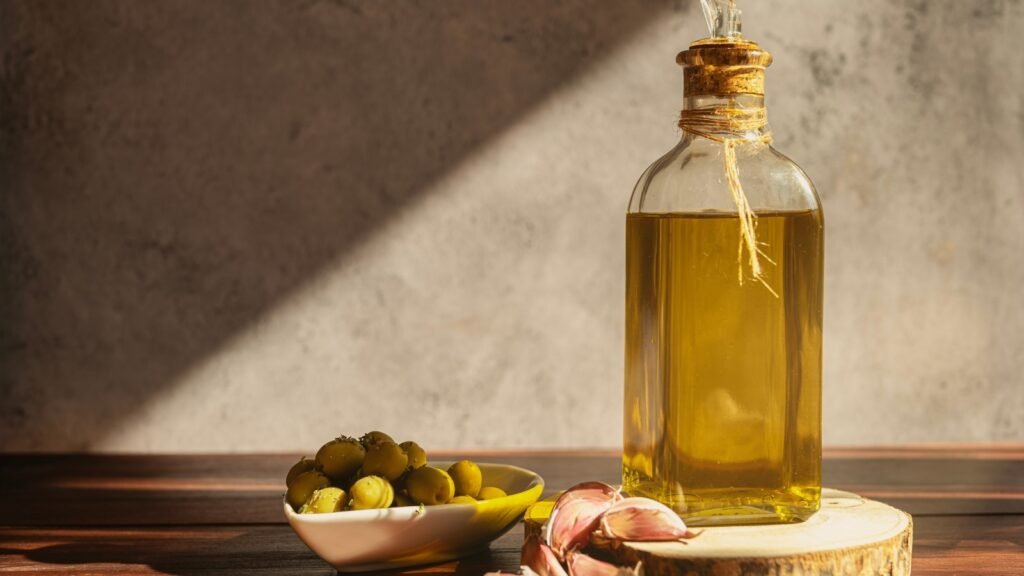
Extra virgin olive oil is rich in heart-healthy monounsaturated fats and antioxidants. It has a shelf life of about 2 years when stored in a cool, dark place. Use it for cooking, as a salad dressing, or even as a skin moisturizer in emergencies. One tablespoon contains about 120 calories and 14 grams of fat. Choose olive oil in dark glass bottles to protect it from light degradation.
Brown Rice
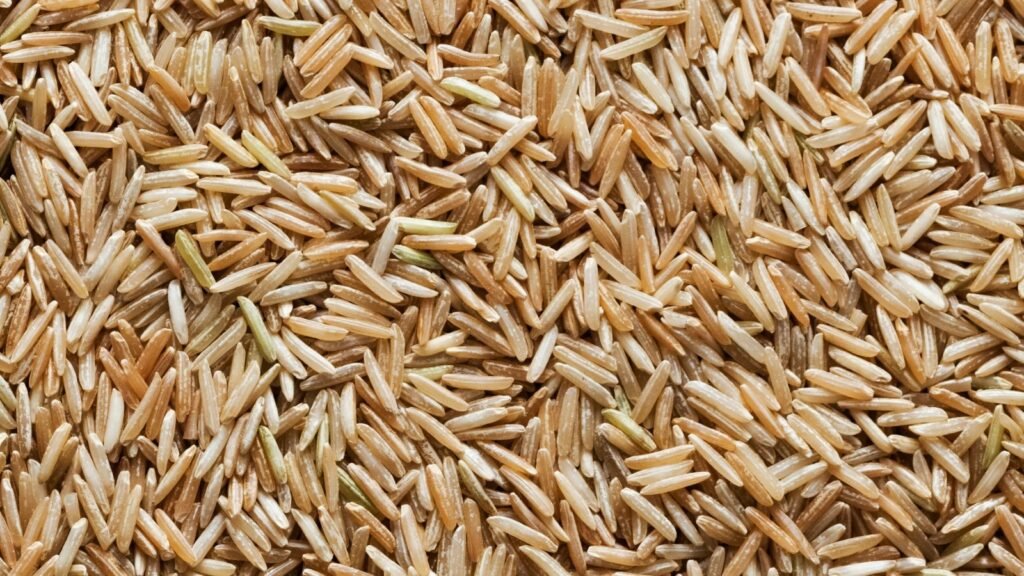
A good source of complex carbohydrates, brown rice provides sustained energy. It’s rich in fiber, B vitamins, and minerals. When stored properly in airtight containers with oxygen absorbers, brown rice can last up to 18 months. One cup of cooked brown rice provides about 216 calories and 3.5 grams of fiber. Consider storing rice bran separately to extend shelf life, as its oils can go rancid.
Peanut Butter
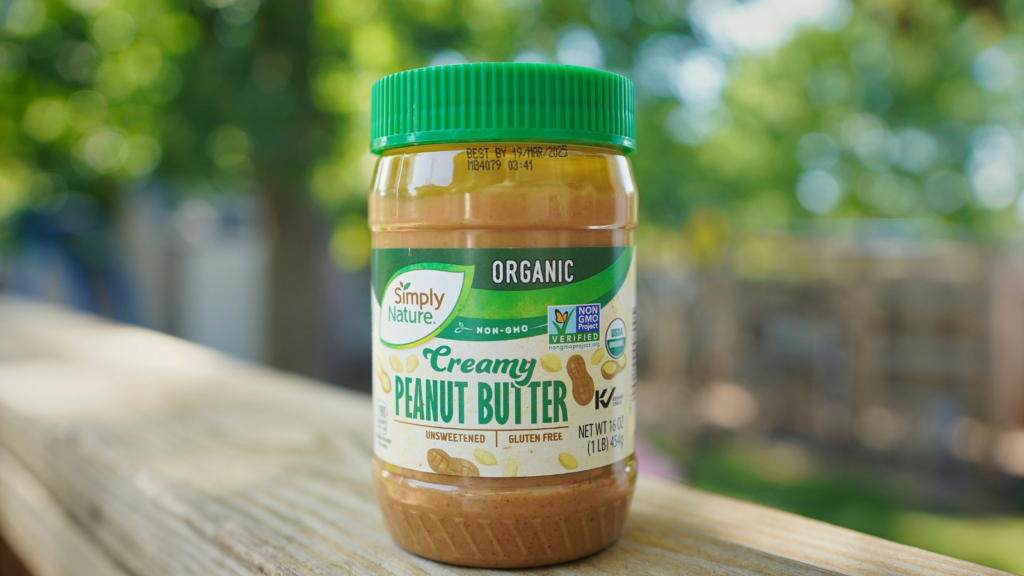
High in protein and healthy fats, peanut butter is a calorie-dense food that can last up to a year when unopened. It’s versatile and requires no refrigeration. Two tablespoons of peanut butter provide about 8 grams of protein and 16 grams of fat. Look for natural peanut butter without added sugars or hydrogenated oils for the healthiest option.
Canned Tuna
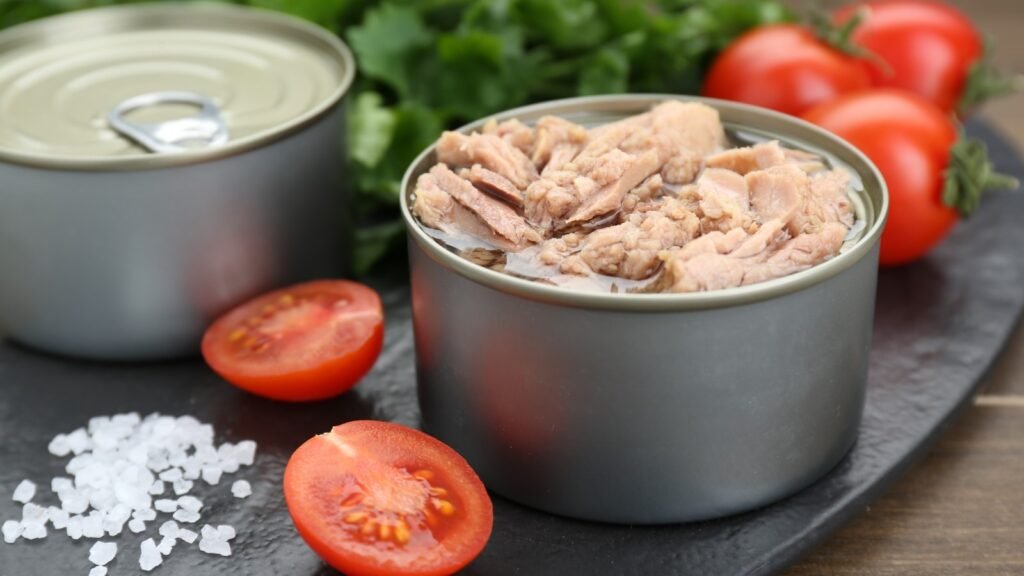
A lean protein source with a long shelf life, canned tuna is a prepper staple. It’s rich in omega-3 fatty acids and selenium. Choose varieties packed in water to reduce calorie content. A 3-ounce serving provides about 20 grams of protein and only 100 calories. Opt for light tuna over albacore to reduce mercury exposure if consuming frequently.
Rolled Oats
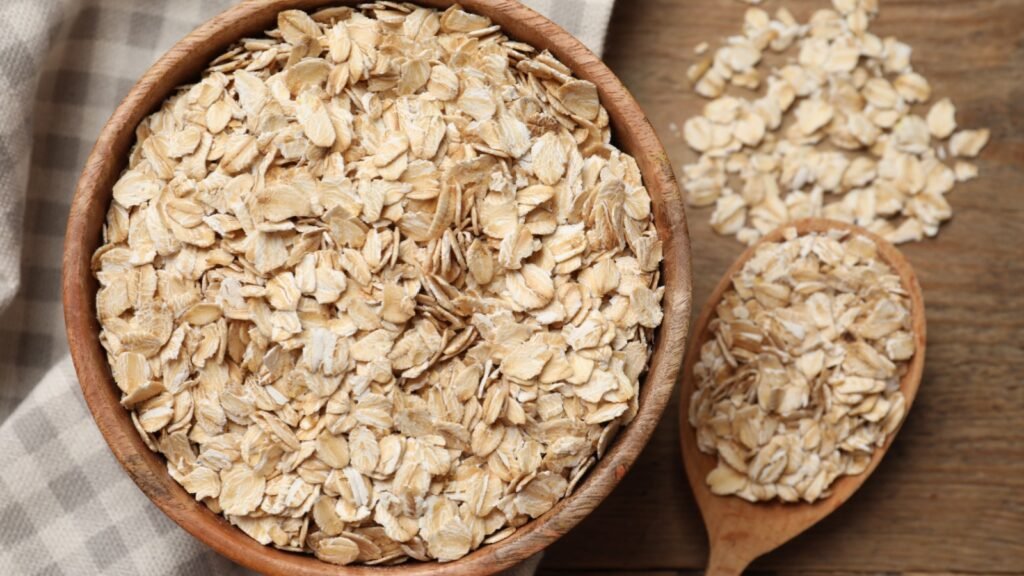
Oats are a nutritious whole grain that can last up to 30 years when stored properly. They’re high in fiber and provide steady energy. One cup of cooked oatmeal contains about 6 grams of protein and 4 grams of fiber. They can be eaten hot or cold and are great for making no-bake energy bars. Oats also contain avenanthramides, unique antioxidants that may help lower blood pressure.
Protein Powder
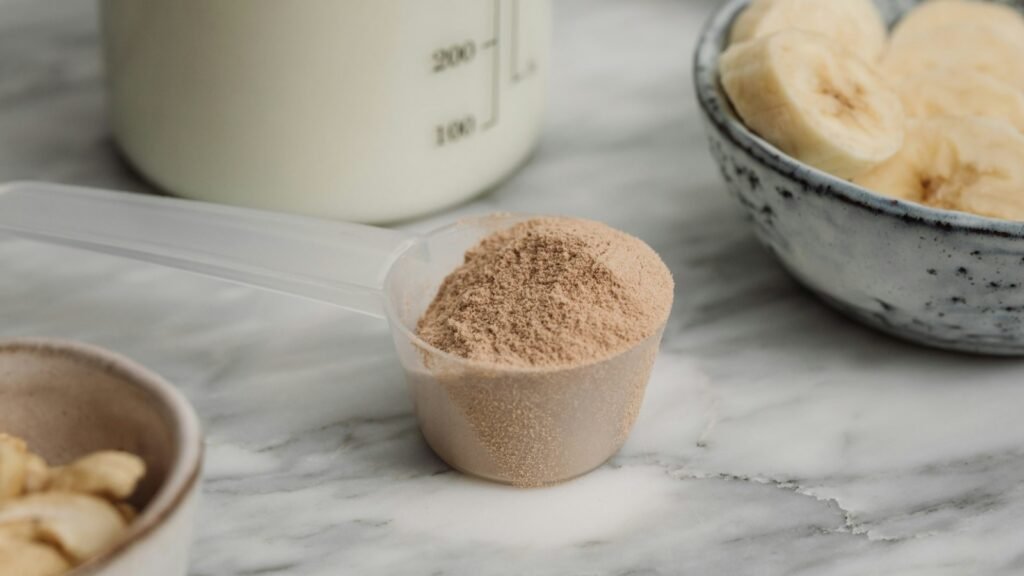
Whey, pea, or hemp protein powders are concentrated sources of protein with a long shelf life. They’re versatile and can be added to water, oatmeal, or used in baking. Most protein powders provide 20-25 grams of protein per serving. Store in a cool, dry place and use within 2 years of opening. Consider mixing different types of protein powders to ensure a complete amino acid profile.
Freeze-Dried Fruits and Vegetables
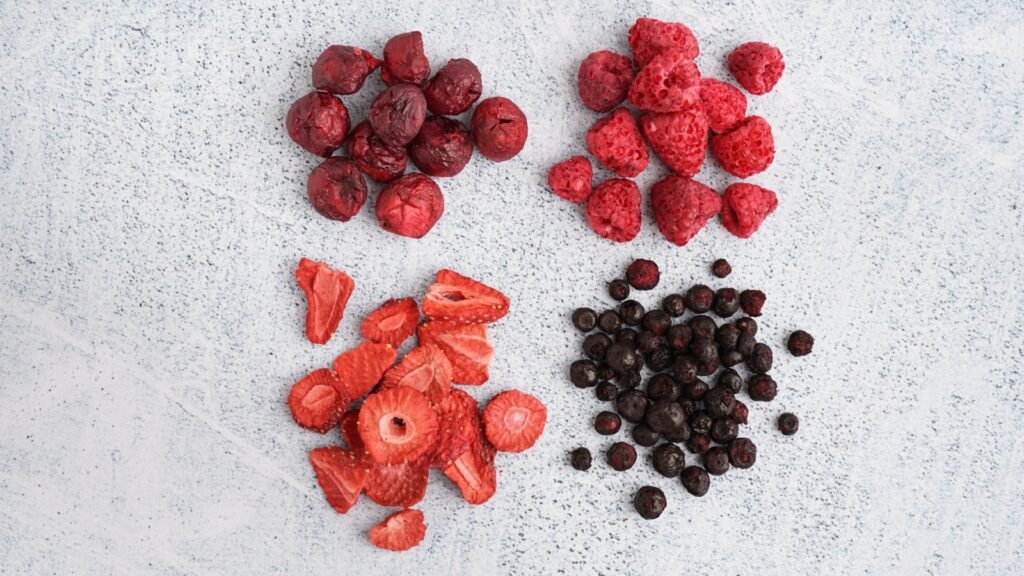
These lightweight foods retain most of their nutritional value and can last up to 25 years when properly stored. They’re great for adding variety and essential vitamins to your emergency diet. Rehydrate them in water or add them directly to soups and stews. Freeze-dried produce retains up to 97% of its nutritional value, making it superior to many other preserved forms.
Canned Beans
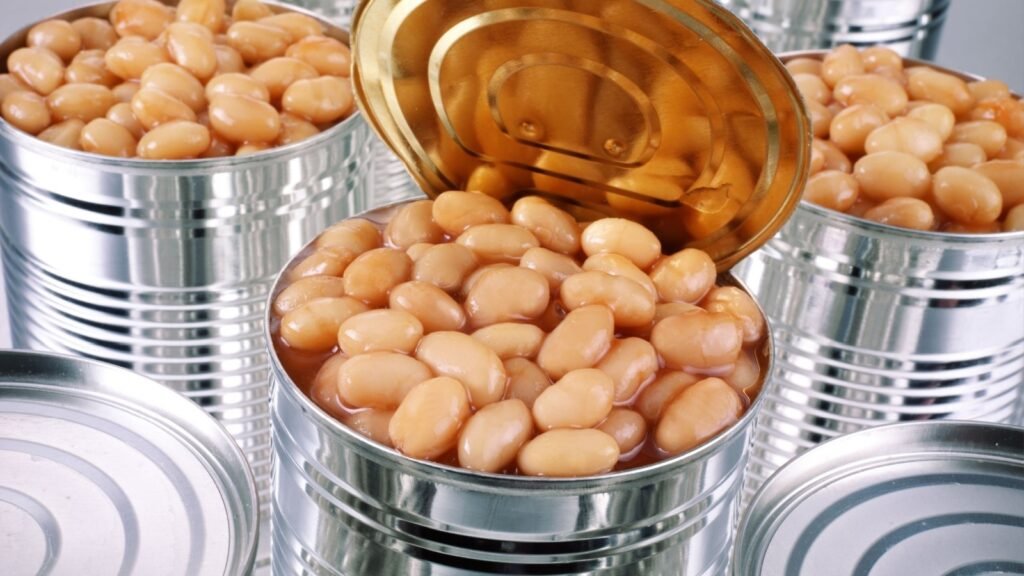
A quick source of protein and fiber, canned beans have a shelf life of 2-5 years. They’re versatile and can be eaten straight from the can if necessary. One cup of canned kidney beans provides about 13 grams of protein and 11 grams of fiber. Choose low-sodium varieties when possible. Rinse canned beans before use to reduce sodium content by up to 41%.
Dark Chocolate
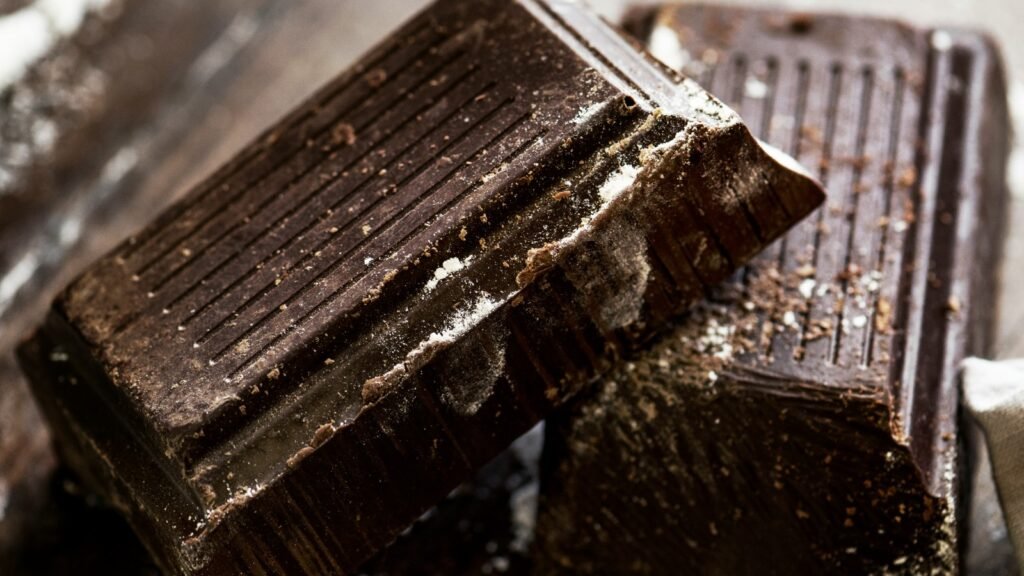
High in antioxidants and a good source of quick energy, dark chocolate (70% cocoa or higher) can last up to 2 years when stored properly. It’s also a great morale booster during tough times. One ounce of dark chocolate contains about 170 calories and 2 grams of protein. Dark chocolate is rich in flavonoids, which may improve cardiovascular health and cognitive function.
Bouillon Cubes
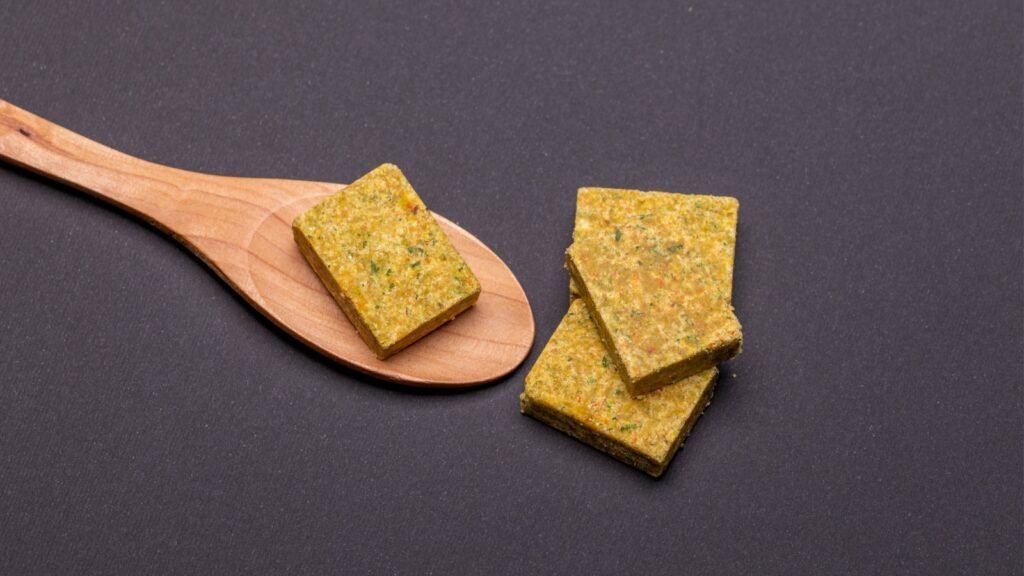
These compact flavor bombs can turn plain rice or noodles into a satisfying meal. They’re high in sodium, so use sparingly, but they can last for years when stored in a dry place. One cube typically contains about 10 calories and 1,200 mg of sodium. Look for low-sodium or organic varieties to reduce preservatives and artificial ingredients.
Whole Wheat Flour

Stored properly in airtight containers, whole wheat flour can last up to a year. It’s rich in fiber, B vitamins, and minerals. Use it for baking bread, making pancakes, or thickening soups. One cup of whole wheat flour contains about 400 calories and 16 grams of protein. Store whole wheat flour in the freezer to extend its shelf life up to two years.
Apple Cider Vinegar
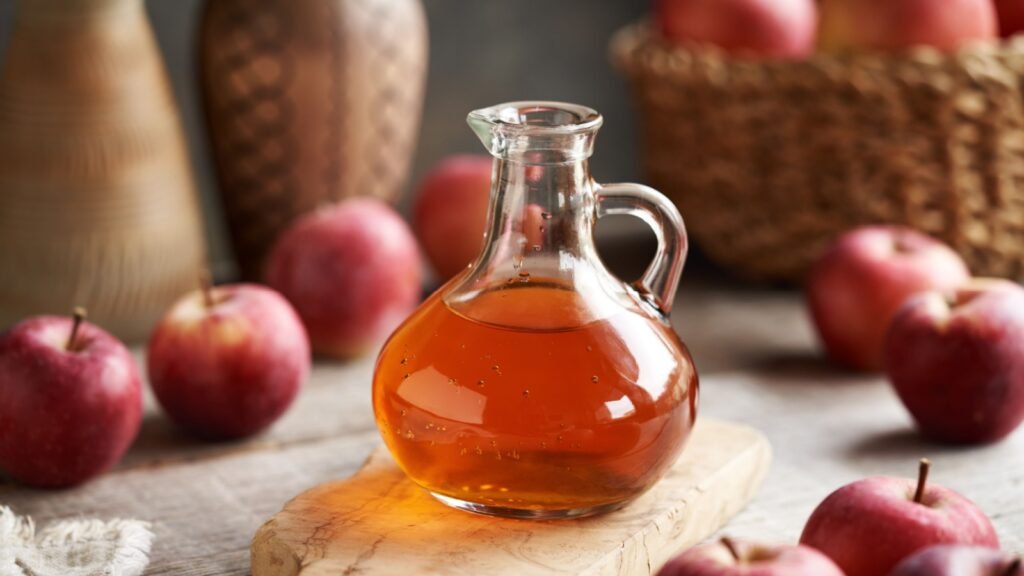
With a virtually indefinite shelf life, apple cider vinegar is a versatile addition to your emergency pantry. It can be used for cooking, as a natural cleaner, or even as a health tonic. One tablespoon contains only 3 calories and may help stabilize blood sugar levels. Look for raw, unfiltered apple cider vinegar with “the mother” for maximum health benefits.
Nutritional Yeast
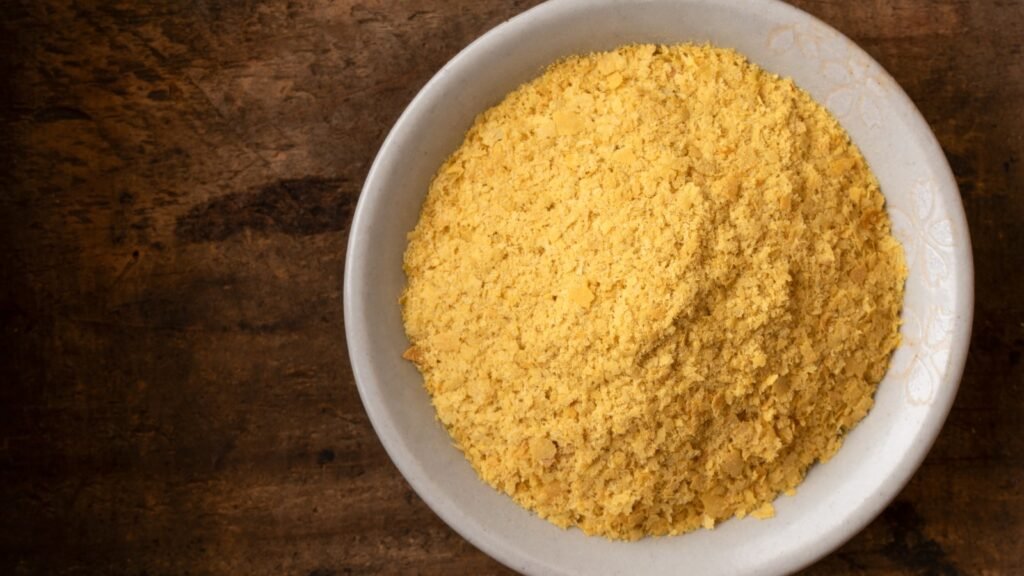
This deactivated yeast is a complete protein and a great source of B vitamins, including B12. It has a nutty, cheesy flavor and can be used to add taste and nutrition to many dishes. Store it in an airtight container in a cool, dry place for up to 2 years. Two tablespoons provide about 9 grams of protein and 4 grams of fiber. Nutritional yeast is also a good source of selenium, which supports immune function and thyroid health.

